
In today’s fast-paced world, stress has become a common companion for many. Whether it’s the pressure to meet deadlines, the demands of juggling multiple responsibilities, or dealing with unexpected challenges, we often find ourselves crossing a road filled with stress. The effects of toxic stress can be detrimental to our mental well-being, but there is hope in building resilience.
Resilience is the ability to bounce back from adversity and adapt to change. It acts as a protective shield against the negative impacts of stress, helping us navigate the road to mental well-being. Just like crossing a road requires caution and awareness, building resilience requires intentional effort and self-care.
One key aspect of building resilience is recognizing and managing stress. Stress can manifest in various forms, such as physical symptoms, emotional distress, or cognitive overload. By acknowledging and addressing these signs, we can take proactive steps to reduce the impact of stress on our mental well-being.
Another important factor in building resilience is developing a strong support network. Surrounding ourselves with caring and understanding individuals can provide us with the emotional support and encouragement needed to navigate the challenges we face. Additionally, seeking professional help, such as therapy or counseling, can offer valuable guidance in building resilience and coping with stress.
Understanding the Impact of Toxic Stress

Resilience is the ability to bounce back and adapt in the face of adversity. It is an essential skill that helps individuals navigate the challenges of life. However, when exposed to toxic stress, this ability can be significantly compromised.
Toxic stress refers to prolonged exposure to adverse experiences, such as abuse, neglect, or chronic poverty, without the presence of a supportive caregiver. This type of stress can have a profound impact on a person’s mental well-being, as it disrupts the normal development of the brain and body.
Crossing the road to mental well-being becomes much more challenging when toxic stress is present. The effects of toxic stress can be long-lasting and may manifest in various ways, including difficulties with emotional regulation, impaired cognitive function, and increased vulnerability to mental health disorders.
Research has shown that toxic stress can alter the structure and function of the brain, particularly in areas responsible for emotional regulation and stress response. This can lead to difficulties in managing emotions, increased reactivity to stressors, and a heightened risk of developing anxiety and depression.
Furthermore, toxic stress can impact the body’s physiological systems, including the immune system, cardiovascular system, and endocrine system. Prolonged exposure to stress hormones, such as cortisol, can disrupt these systems, leading to increased susceptibility to physical health problems, including heart disease, diabetes, and autoimmune disorders.
Recognizing the impact of toxic stress is crucial for building resilience and promoting mental well-being. By understanding the effects of toxic stress, individuals and communities can implement strategies to mitigate its impact and support those who have experienced it.
| Effects of Toxic Stress | Strategies for Building Resilience |
|---|---|
| Emotional dysregulation | Building strong social support networks |
| Impaired cognitive function | Developing healthy coping mechanisms |
| Increased vulnerability to mental health disorders | Practicing self-care and stress management techniques |
| Disrupted physiological systems | Seeking professional help and therapy |
In conclusion, understanding the impact of toxic stress is essential for promoting resilience and mental well-being. By recognizing the effects of toxic stress and implementing strategies to mitigate its impact, individuals can navigate the road to mental well-being more effectively.
Recognizing the Signs
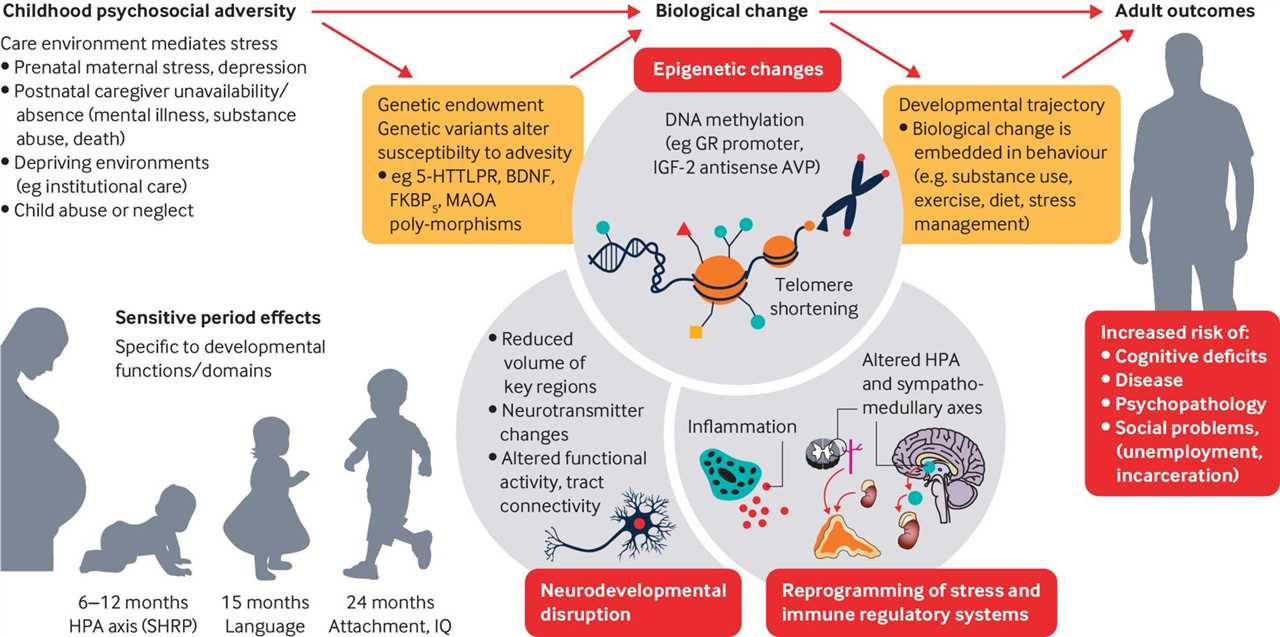
Recognizing the signs of toxic stress and building resilience is crucial for maintaining mental well-being. When crossing the road to mental well-being, it is important to be aware of the impact that stress can have on our lives. Stress can manifest in various ways, both physically and emotionally.
Physically, signs of stress may include headaches, muscle tension, fatigue, and changes in appetite or sleep patterns. These physical symptoms can often be a result of the body’s response to toxic stress. It is important to listen to our bodies and recognize when stress is taking a toll on our physical health.
Emotionally, stress can lead to feelings of irritability, anxiety, sadness, or a sense of being overwhelmed. These emotional signs may indicate that we are experiencing toxic stress and need to take steps to build resilience. It is important to acknowledge and address our emotions in order to prevent them from negatively impacting our mental well-being.
By recognizing the signs of toxic stress, we can take proactive measures to build resilience and promote mental well-being. This may involve seeking support from loved ones or professionals, practicing self-care activities such as exercise or meditation, and developing healthy coping mechanisms. Building resilience allows us to navigate the challenges of life with greater ease and maintain our mental well-being.
Physical Symptoms
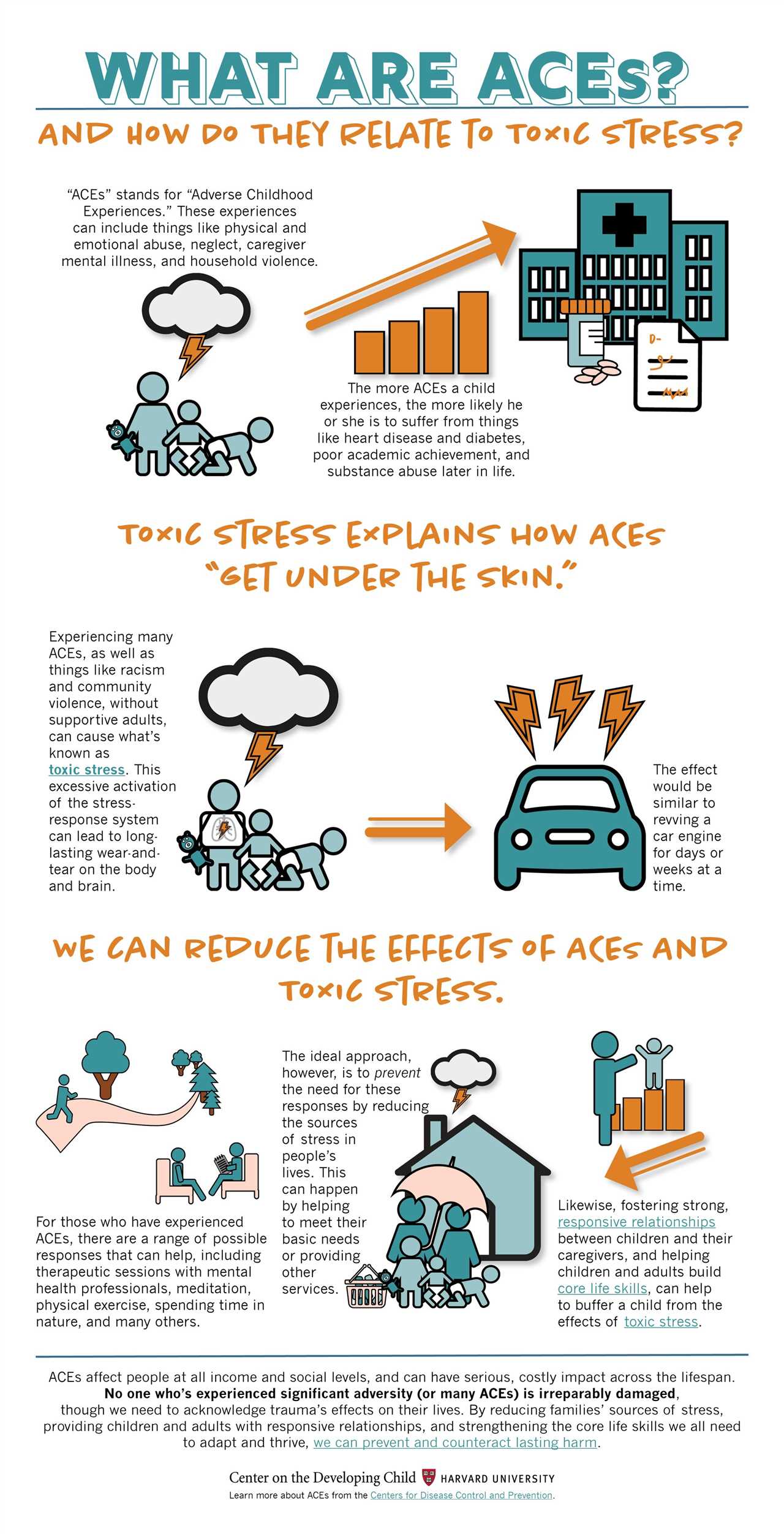
Experiencing toxic stress can have a significant impact on our physical well-being. When we are constantly crossing the road of stress, our bodies can react in various ways, manifesting physical symptoms that can be distressing and uncomfortable.
Some common physical symptoms of toxic stress include:
- Headaches: Chronic stress can lead to frequent headaches or migraines, making it difficult to focus and function effectively.
- Stomach issues: Stress can affect our digestive system, causing stomach pain, bloating, and even irritable bowel syndrome (IBS).
- Muscle tension: Increased stress levels can lead to muscle tension and stiffness, resulting in body aches and pains.
- Fatigue: Chronic stress can leave us feeling drained and fatigued, even after a good night’s sleep.
- Changes in appetite: Stress can disrupt our eating patterns, leading to either overeating or loss of appetite.
- Insomnia: Difficulty falling asleep or staying asleep is a common physical symptom of toxic stress.
- Increased heart rate: Stress can cause our heart rate to increase, leading to palpitations and feelings of anxiety.
- Immune system suppression: Prolonged stress can weaken our immune system, making us more susceptible to illnesses and infections.
It is important to recognize and address these physical symptoms of toxic stress. Engaging in stress-reducing activities such as exercise, mindfulness, and seeking support from loved ones can help alleviate these symptoms and promote overall well-being.
Remember, taking care of our physical health is an essential part of building resilience to toxic stress and crossing the road to mental well-being.
Emotional and Behavioral Changes
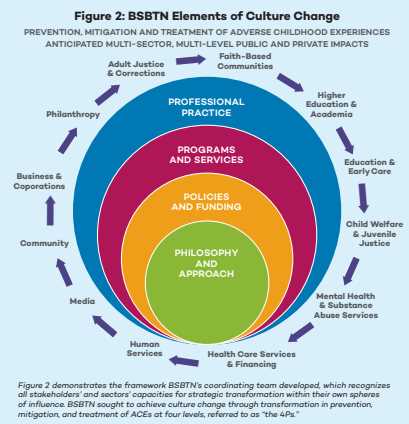
Experiencing toxic stress can have a significant impact on a person’s emotional and behavioral well-being. The road to mental well-being can be challenging, but building resilience is crucial in navigating through these difficult times.
Toxic stress can lead to a variety of emotional changes. Individuals may experience increased anxiety, depression, or irritability. They may also have difficulty regulating their emotions, leading to frequent mood swings. It is important to recognize and address these emotional changes to promote mental well-being.
Behavioral changes can also occur as a result of toxic stress. Individuals may engage in unhealthy coping mechanisms such as substance abuse or self-harm. They may also withdraw from social interactions and isolate themselves from others. Recognizing these behavioral changes is essential in providing support and intervention.
Building resilience is key in overcoming the effects of toxic stress. Resilience allows individuals to bounce back from adversity and develop healthy coping strategies. It involves developing strong support networks, practicing self-care, and seeking professional help when needed.
By acknowledging and addressing emotional and behavioral changes, individuals can take steps towards building resilience and improving their mental well-being. It is important to remember that the road to mental well-being may be challenging, but with the right support and strategies, individuals can navigate through toxic stress and emerge stronger.
Long-Term Effects
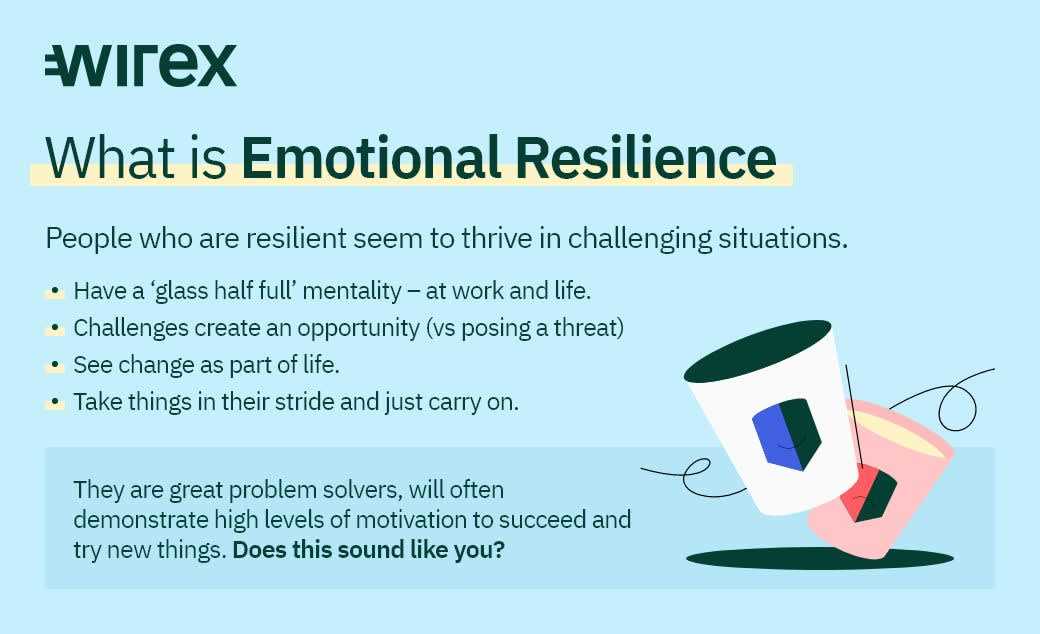
Experiencing toxic stress in childhood can have long-term effects on mental well-being. The road to resilience is often crossed by individuals who have experienced significant stress in their early years. These individuals may face a higher risk of developing mental health issues such as anxiety, depression, and post-traumatic stress disorder (PTSD).
Long-term exposure to stress can also have physical effects on the body, including an increased risk of chronic illnesses such as heart disease and diabetes. Additionally, individuals who have experienced toxic stress may have difficulty forming and maintaining healthy relationships, leading to social isolation and a lack of support.
However, building resilience can help mitigate the long-term effects of stress. Resilience is the ability to bounce back from adversity and maintain mental well-being. It involves developing coping strategies, seeking support from others, and engaging in self-care activities.
By developing resilience, individuals can better navigate the challenges and stressors they may encounter throughout their lives. They can build a strong foundation for mental well-being, allowing them to lead healthy and fulfilling lives despite the roadblocks they may face.
Mental Health Disorders
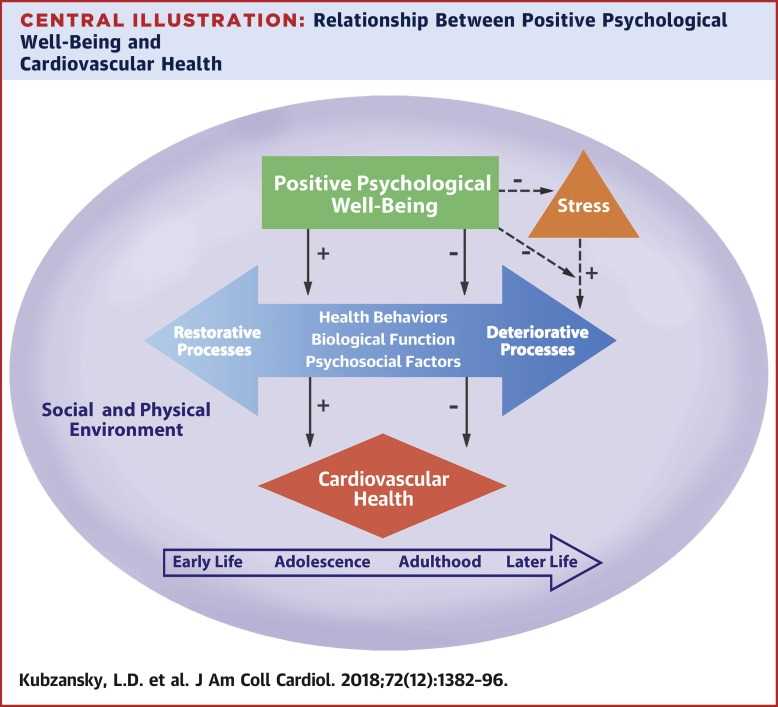
When it comes to mental health disorders, it’s important to recognize that they can be caused by a variety of factors. One of these factors is toxic stress, which can have a detrimental impact on an individual’s mental well-being. Toxic stress refers to prolonged exposure to stressors that are overwhelming and difficult to cope with. This can include experiences such as abuse, neglect, or witnessing violence.
When individuals are constantly exposed to toxic stress, it can have a significant impact on their mental health. It can lead to the development of mental health disorders such as anxiety, depression, and post-traumatic stress disorder (PTSD). These disorders can make it difficult for individuals to function in their daily lives and can have a negative impact on their overall well-being.
However, it’s important to note that not everyone who experiences toxic stress will develop a mental health disorder. Resilience plays a key role in determining how individuals respond to stressors. Building resilience is like crossing a road – it requires strength, determination, and the ability to adapt to different situations.
There are various ways to build resilience and promote mental well-being. This can include seeking support from friends, family, or mental health professionals, practicing self-care activities such as exercise and mindfulness, and developing healthy coping mechanisms. By taking these steps, individuals can strengthen their ability to navigate the road of mental well-being and overcome the toxic stress that may come their way.

I am Patrina de Silva, a psychologist and mental health blogger in Sri Lanka. After obtaining psychology degrees from the University of Colombo and Monash University, I returned home to work as a counselor while also starting the popular blog “Pressy but Happy” to provide advice on psychological issues. Over the past decade, my empathetic articles have made my blog a leading mental health resource in the country. In addition to writing, I maintain a private therapy practice, frequently volunteer counseling time, and conduct seminars, driven by my passion for destigmatizing mental illness and educating the public on the mind-body connection. I strive to be an influential voice in my field through my compassionate approach.
